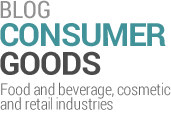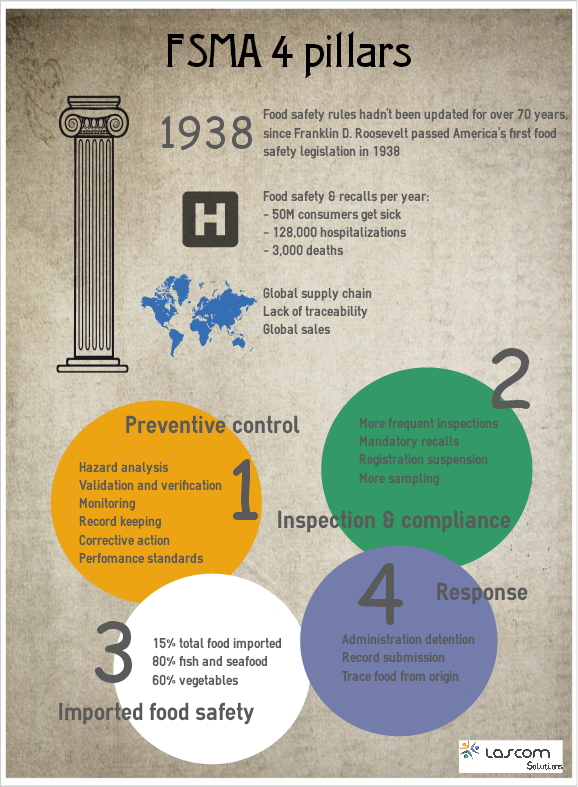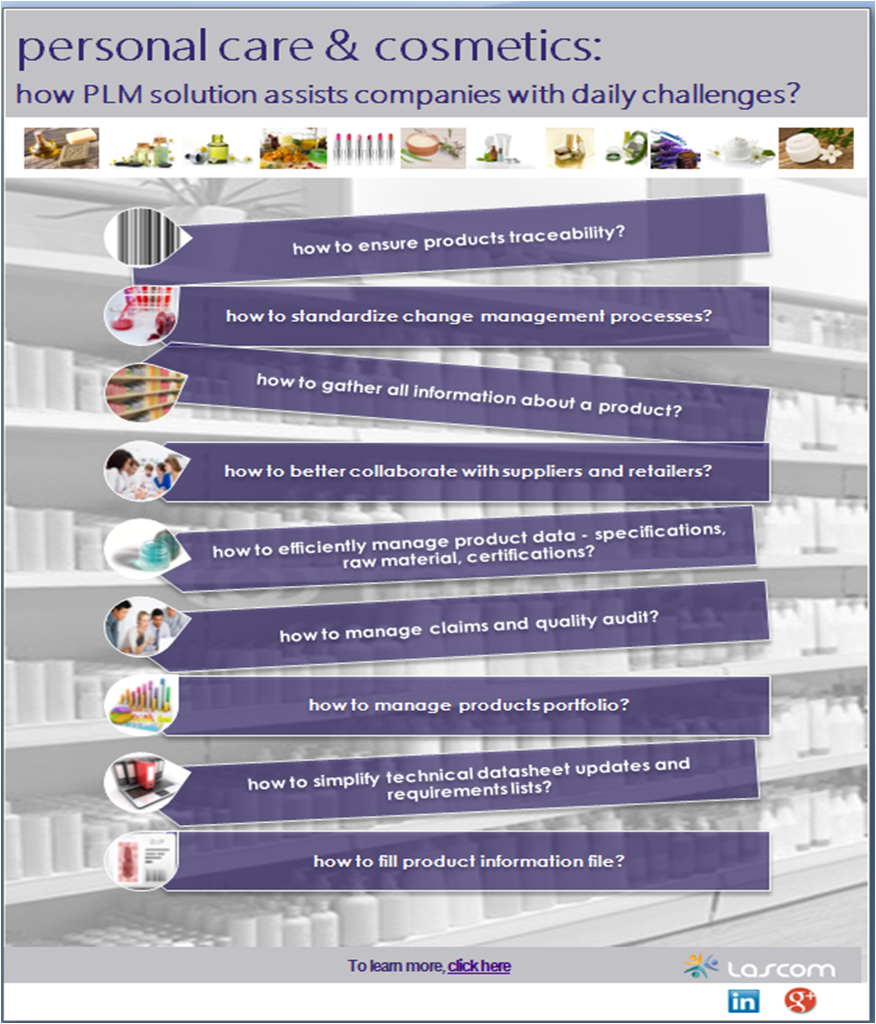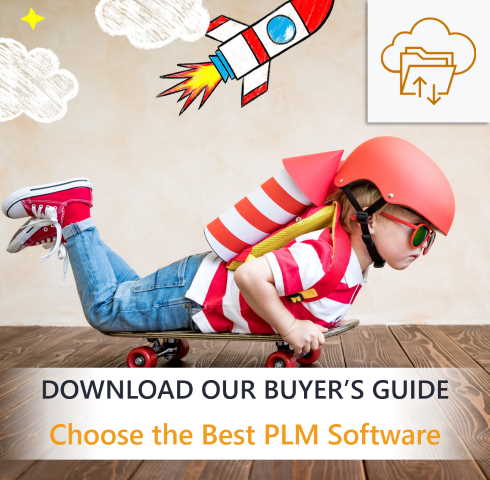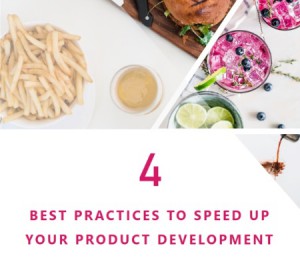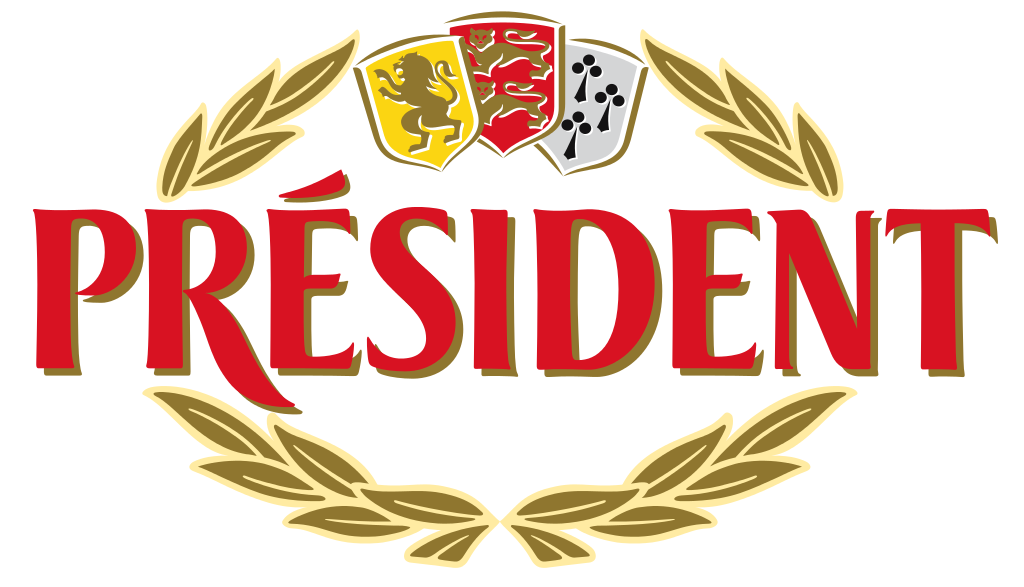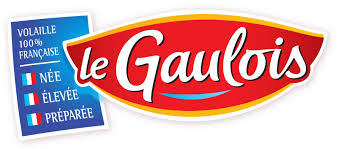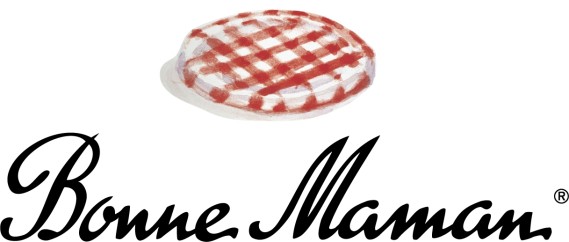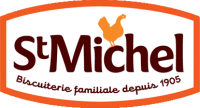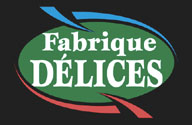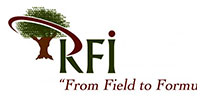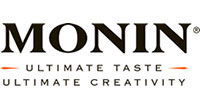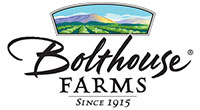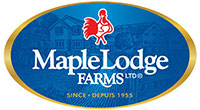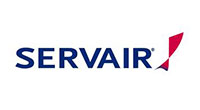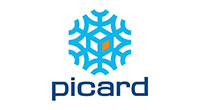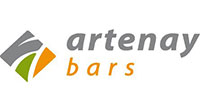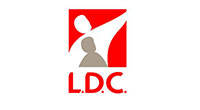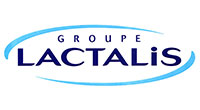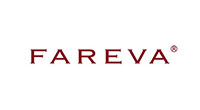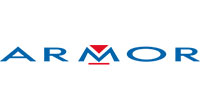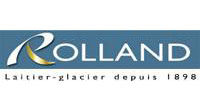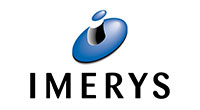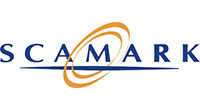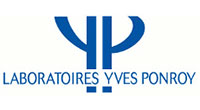All posts by Jil Croquet
Last December, the new E.U. n°1169/2011 regulation, commonly referred to as INCO (Information to Consumers), was put in place to enhance food labeling. The regulation has already led to significant changes in what consumers know about the food they buy.
Being in compliance with regulation is essential for companies. As the regulatory volume increases considerably, food industries, food service and retailers must manage and follow efficiently data and documentation attached to products from R&D to the shelves through production, marketing, quality etc.
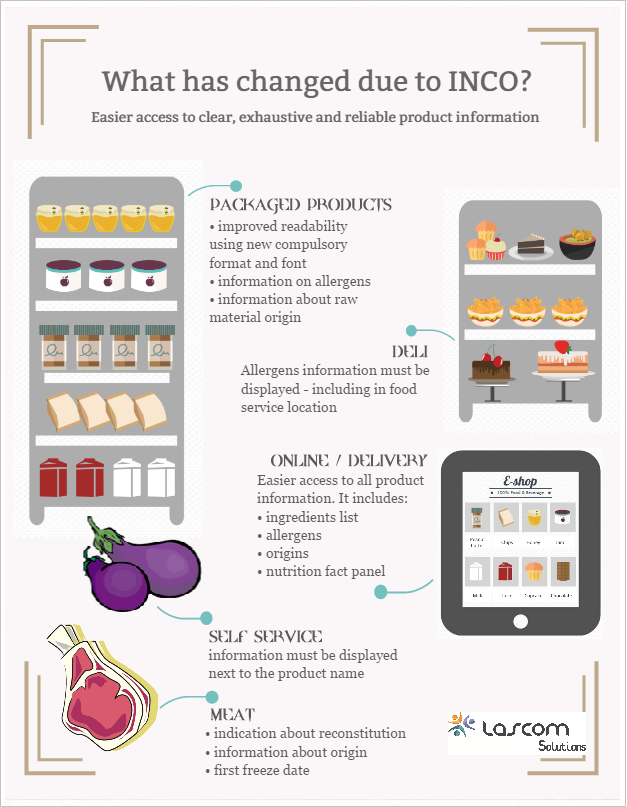
Read More

The Food Safety Modernization Act (FSMA) was signed on January 4, 2011. Some requirements are already in place but it globally seems to take more time than expected to implement the whole regulation due to FDA budget constraints. Once fully applied, it will radically change how most food and beverage companies do business.
Read More
According to an Aberdeen Group survey, the top five pressures driving the FMCG companies are:
- demand for complete new product type
- demand for “green” or “clean” products
- first to market
- compliance with regulation
- low cost
Below
volume of companies evaluating the issue as important while developing new
products, in %
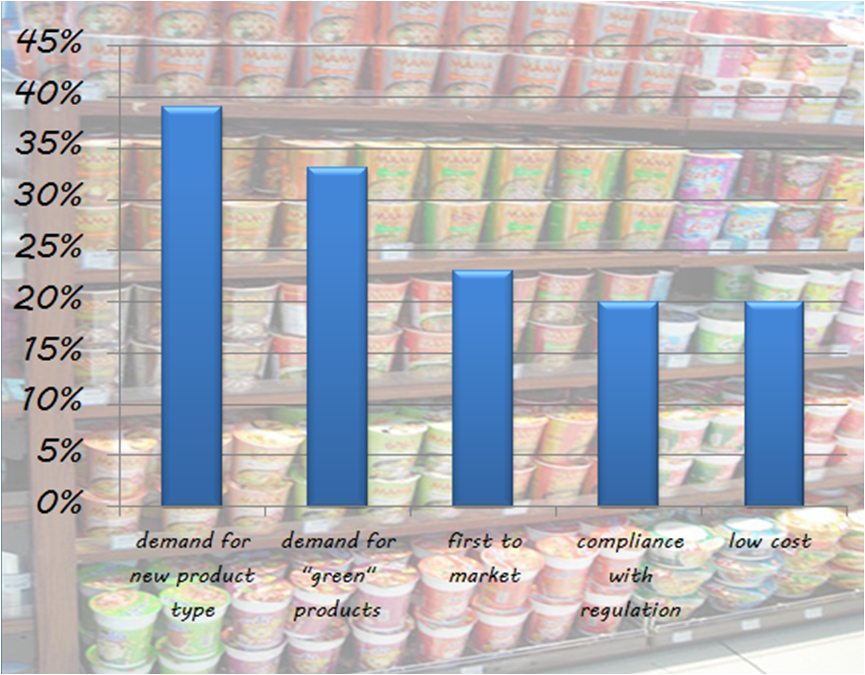
Read More
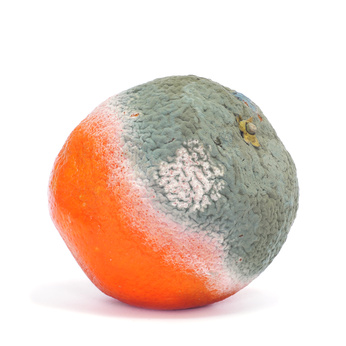
NSF International defines food fraud as: “the deliberate substitution, addition, tampering or misrepresentation of food, ingredients or packaging”. The 2013 horsemeat scandal and the Elliott report commissioned by the UK government at the end of 2014 made consumers realize the food they eat was not as safe and fresh as they think.
Food fraud is estimated to cost the world economy $48 billion annually and the University of Minnesota National Center for Food Protection and Defense has approximated that about 10 % of US food could be adulterated.
Read More
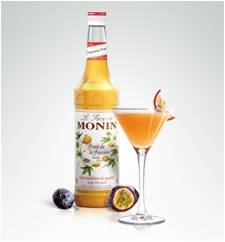
Product Lifecycle Management Solution Supports Global Product Management and Development Operations.
Lascom today announced that Monin, a global leader in premium syrups,
has selected its CPG Solution to manage its extensive and dynamic
product portfolio.
“Monin is the brand of choice for creative beverage professionals.
Our strong and proactive innovation strategy, covering 140 countries, is
one of the key factors in our continued success,” said Gislene Da Silva
Razavet, R&D Group Director of Monin.”Our global product
development and management operations expose us to a complex sets
regulatory exposures and Lascom PLM is an important support to manage
these quickly and effectively. “
Read More
To remain competitive, personal care and cosmetics professionals have to be extremely aware of new trends and boost their innovation processes. Reduced time to market, ineffective collaboration, out of date product information, lack of traceability are even worse in this market segment than in any other one.
To benefit from competitive advantages on the marketplace, more and more companies implement PLM suite to assist them in their products lifecycle and management processes. A PLM is a powerful tool to help companies with daily challenges.
Read More
In the collective mind, soft drinks are for young and dynamic people. Major brands have always focused on the youth market -10 to 24 year olds- but the beverage industry is changing. Pioneers identify huge opportunities in targeting the growing aging population.

Read More
The demand for gluten-free foods is booming. Some consumers are affected by celiac disease, wheat allergy or are gluten-intolerant or gluten-sensitive, but a large majority of gluten-free products consumers are in perfect health.
Even naturally gluten-free foods benefit from this new trend. Lots of manufacturers tag or label their food “gluten-free” even if it did not contain any trace of gluten originally e.g. vegetable or fish
This infographic shows some facts about gluten-free food
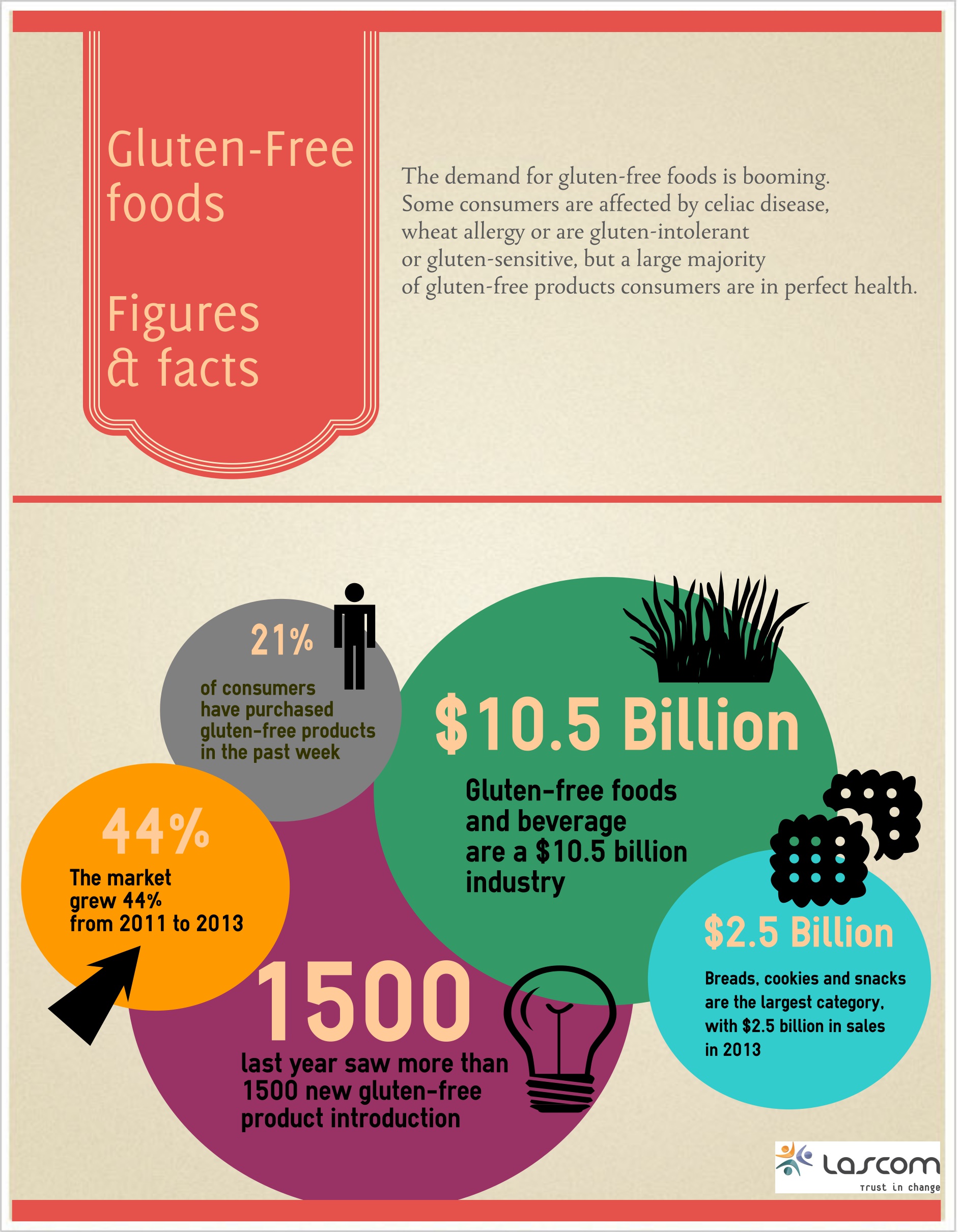
Read More
The following are few of the questions that professionals in the food industry or food service may ask when they do not have a PLM:

- How to create a new recipe from an existing one?
- How to generate ingredients lists in many languages?
- How to track my products (including biological and geographical origins)?
- How to be sure my labeling complies with current regulations (USDA, FDA, INCO)
- How to better adapt to new regulations?
- How to benefit from a global vision of my projects?
- How to ease collaboration with my suppliers?
- How to automatically calculate costs and risks while developing a new recipe?
- How to generate versions?
- What is the point of gathering information?
These questions are best answered by the use of a PLM.
Read More
